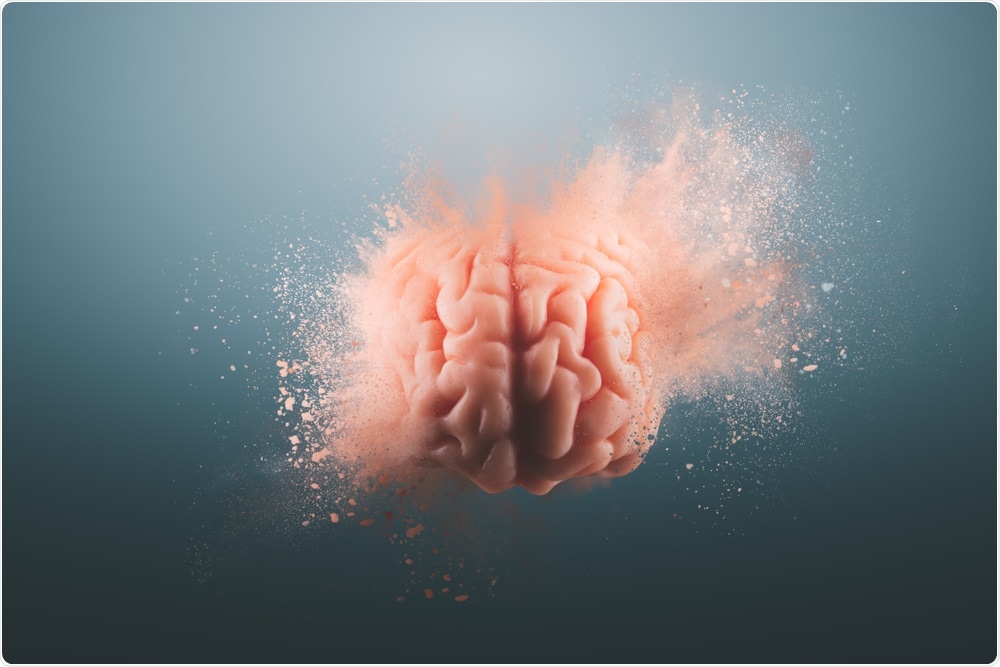Erasing memories that link environmental cues to drug use could represent a potential new treatment for drug addiction, according to researchers at the University of Pittsburgh.
 Fer Gregory | Shutterstock
Fer Gregory | Shutterstock
Exposure therapy, which aims to break associations between cues and memories, is a well-established approach to treating conditions such as PTSD and phobias. However, it is not particularly effective at treating addiction.
Although some positive effects may be seen in a controlled environment, once a person is confronted with the outside environment, the brain responds to the cues by activating the same neurons involved in the original drug-seeking behavior.
While we've always known that the brain forms these cue-associated memories, the specific circuits have never been clearly identified. We've found a central piece in the cue-memory puzzle, and we also show that taking out that piece in a substance use scenario can help reverse relapse-like behaviors."
Dr. Mary Torregrossa, Senior Author
For the study, the team analysed cue-associated relapse in rats. Upon pressing a lever, the animals received an infusion of cocaine and were also exposed to audio-visual cues in the form of a tone and a light.
As the process was repeated, the rats learned to associate the audio-visual cues with the cocaine reward and started to display drug-seeking behavior by continuing to press the lever.
The team also simulated exposure therapy by repeatedly exposing the rats to the light or tone, but without providing the cocaine high, which eventually reduced the drug-seeking behavior.
However, the exposure therapy failed to work as effectively once the rats were placed in a different setting.
Electrical recordings of the rat brain tissue showed that connections between an area of the brain involved in sound perception called the medial geniculate nucleus and another region called the lateral amygdala were essential to the formation of memories that link the cocaine reward with external cues.
First author Matthew Rich said this made sense, since the amygdala is where emotional memories are formed: "[The amygdala] receives sensory input and associates that input with what we feel when the cues are presented to us."
To demonstrate a causal relationship between the cue-linked memories and the drug-seeking behavior, the team used optogenetics to erase cocaine-cue memories in some of the rats, which resulted in them pressing the lever significantly fewer times on exposure to the audio-visual cues.
This reduction in lever pressing persisted even when the rats were subjected to a different environment, suggesting that it was removal of the cue-associated memories that dampened the tendency to relapse in a new setting.
Torregrossa hopes that the findings will help the team to develop drugs or therapies such as deep brain stimulation that will target the cue-associated memories and increase the effectiveness of exposure therapy aimed at preventing relapse.